Editorial Ta Nea: A measured response to Israeli-Palestinian conflict
As a member of both NATO and the EU and as a pole of regional stability Greece is obliged to monitor the situation with a mature and balanced approach.
The resurgence of regional tensions, with furious Israeli-Palestinian clashes, is extremely worrisome and to some extent teaches us certain lessons.
It is worrisome because of the prospect that these clashes will spread and create cumulative instability in the broader area with a bloodbath and untold disaster, especially at a time that geopolitical fluidity combined with the pandemic can create chaos.
The situation is also didactic as regards Greek for Greek foreign policy which must be cautious. It must at once respect our commitments and alliances with countries such as Israel while at the same time contribute to normalisation based on international law, UN involvement, and peaceful rhetoric.
We are not in the 1980s or even in the 1990s. An emotional start in taking a position on developments in the region would be catastrophic and would offer nothing to the two peoples.
The equation is difficult and demands decisive mediation, agreement between the parties, and in-depth negotiations. A Manichaean or simplistic approach and verbalism do not characterise Greece’s diplomatic language.
As a member of both NATO and the EU and as a pole of regional stability Greece is obliged to monitor the situation with a mature and balanced approach.
- Συρία: Τραμπ και Σάρα συζήτησαν για τις εγγυήσεις των δικαιωμάτων των Κούρδων
- Γουατεμάλα: 9ος αστυνομικός νεκρός από τα πυρά συμμοριών
- Ιράν: Η Lufthansa αναστέλλει τις πτήσεις προς και από την Τεχεράνη μέχρι και τις 29 Μαρτίου
- Τουλάχιστον 1.500 μέλη του Ισλαμικού Κράτους δραπέτευσαν από φυλακές της Συρίας
- Τρίπολη – Νεστάνη: Νεκρός εντοπίστηκε ηλικιωμένος κατά την κατάσβεση πυρκαγιάς σε κατοικία
- Στα «ΝΕΑ» της Τρίτης: Τρεις ανατροπές υπέρ των παιδιών
- Η Μολδαβία αποχώρησε από την ευρασιατική ομάδα ΚΑΚ της οποία ηγείται η Ρωσία
- Η Premier League αποθέωσε τον Κωστούλα για το καταπληκτικό γκολ (vid)
Ακολουθήστε το in.gr στο Google News και μάθετε πρώτοι όλες τις ειδήσεις







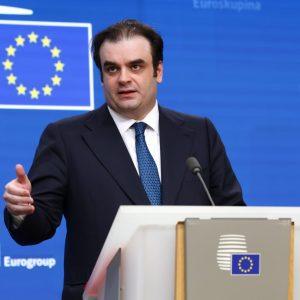
![Άκρως Ζωδιακό: Τα Do’s και Don’ts στα ζώδια σήμερα [Τρίτη 20.01.2026]](https://www.in.gr/wp-content/uploads/2026/01/danie-franco-wEuWV0Vz9uw-unsplash-315x220.jpg)























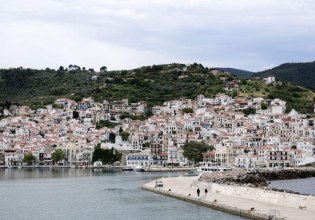




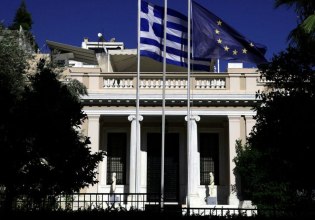

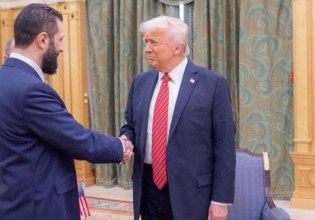


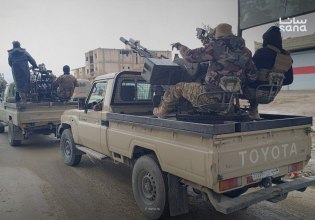

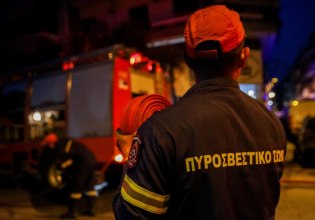
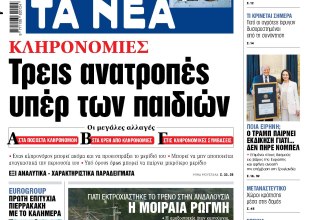
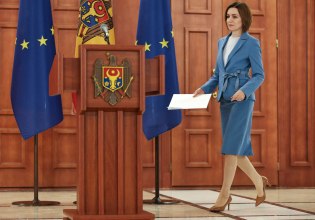


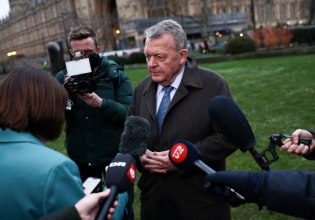






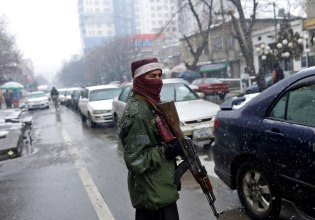


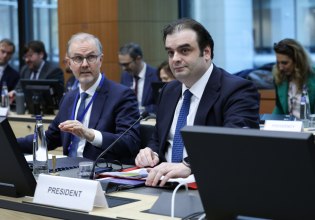





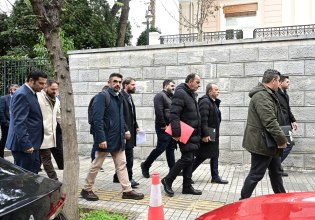









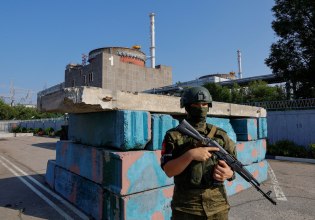









 Αριθμός Πιστοποίησης Μ.Η.Τ.232442
Αριθμός Πιστοποίησης Μ.Η.Τ.232442